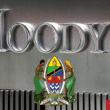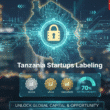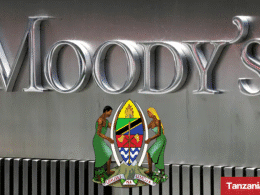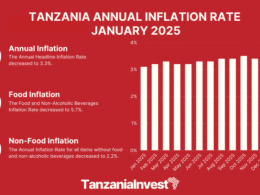The Ministry of Finance of Tanzania has launched the Medium Term Revenue Strategy (MTRS) for the period 2025/26 to 2027/28.
The strategy was unveiled in Dodoma by the Permanent Secretary of the Ministry of Finance, Dr. Natu El-maamry Mwamba, who also inaugurated the supervisory and implementation committees.
Speaking during the launch, Dr. Mwamba said that the strategy aims to strengthen revenue collection, ensure the predictability of revenue policies, and increase government collections.
She noted that its implementation will enhance voluntary tax compliance, address tax evasion loopholes, reduce the budget deficit, and improve public trust and investment in the tax system.
According to Dr. Mwamba, the MTRS outlines measures in three categories: 1. policy reforms, 2. revenue administration reforms, and 3. legal reforms.
She explained that the plan includes developing a national tax policy to guide tax design and reform, improving electronic systems used for revenue collection, and strengthening taxpayer registration, tax return filing, and tax exemptions management.
The strategy also proposes improving tax rates, strengthening revenue collection from the digital economy, and enhancing customs revenue management.
Dr. Mwamba commended the appointed committee members drawn from government and the private sector for accepting the responsibility, highlighting their expertise in economics, taxation, and finance.
Commissioner for Policy Management at the Ministry of Finance, Dr. Jonson Nyella, said that the strategy was prepared through consultations led by local experts with technical support from the International Monetary Fund.
He emphasized that the strategy is critical to reducing the budget deficit and enabling financing of development projects through domestic resources, especially as Tanzania transitions from a low-income to a middle-income economy.
The main committee will be chaired by the Permanent Secretary of the Treasury, with the Deputy Permanent Secretary for Economy at the Ministry of Finance serving as secretary.
Members include permanent secretaries from the Offices of Planning and Investment, President’s Office Finance and Planning Zanzibar, President’s Office Regional Administration and Local Government, Ministry of Minerals, Ministry of Lands, Housing and Human Settlements, Ministry of Natural Resources and Tourism, and Ministry of Information and Communication Technology.
Other members are the Governor of the Bank of Tanzania, the Commissioner General of the Tanzania Revenue Authority, the Treasury Registrar, the Executive Secretary of the Planning Commission, the President of the Tanzania Chamber of Commerce, Industry and Agriculture, and the Chairperson of the Tanzania Private Sector Foundation.
The Ministry noted that medium-term revenue strategies have been adopted in several countries including Kenya, Uganda, Malawi, Sierra Leone, Ghana, Morocco, and Rwanda.











